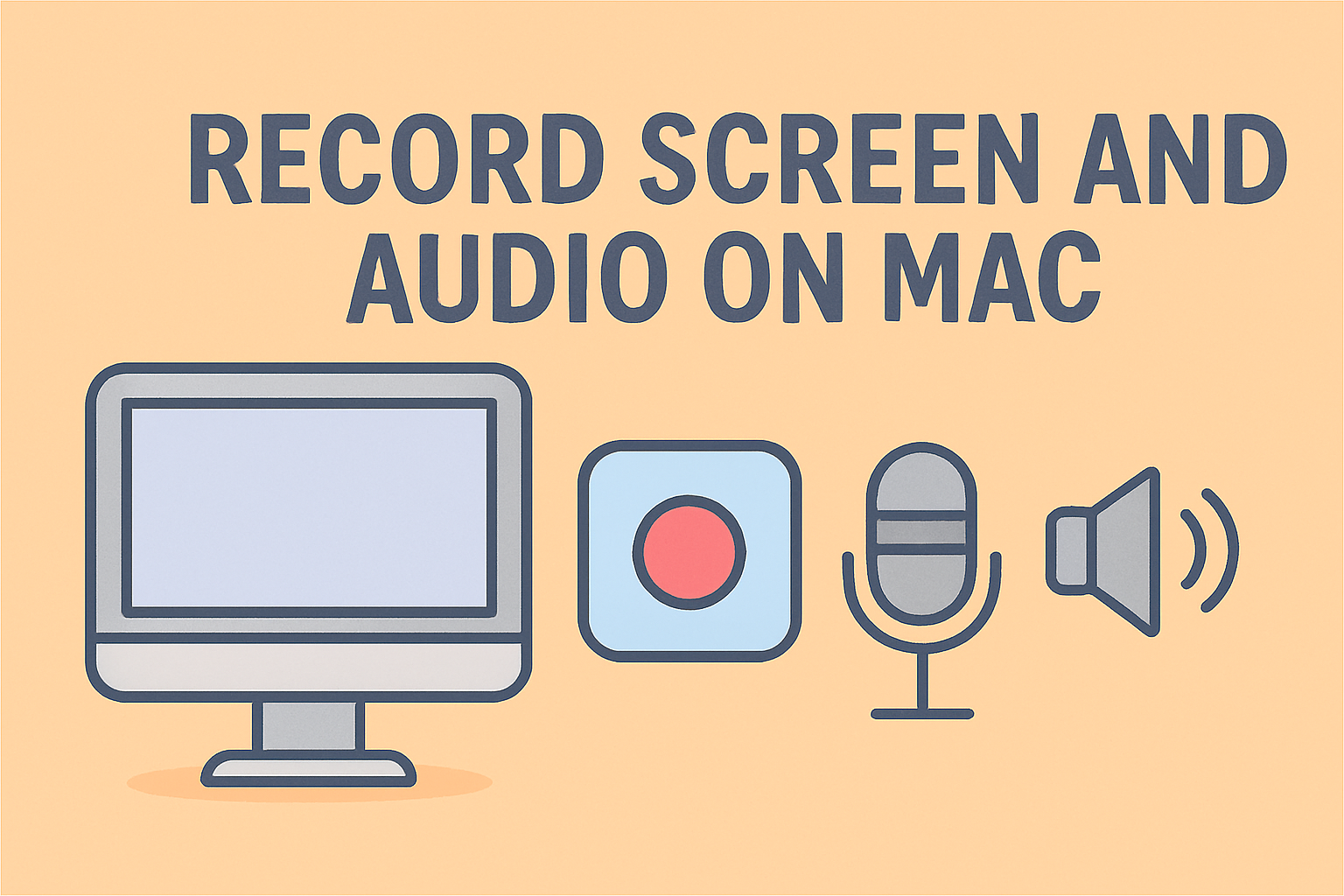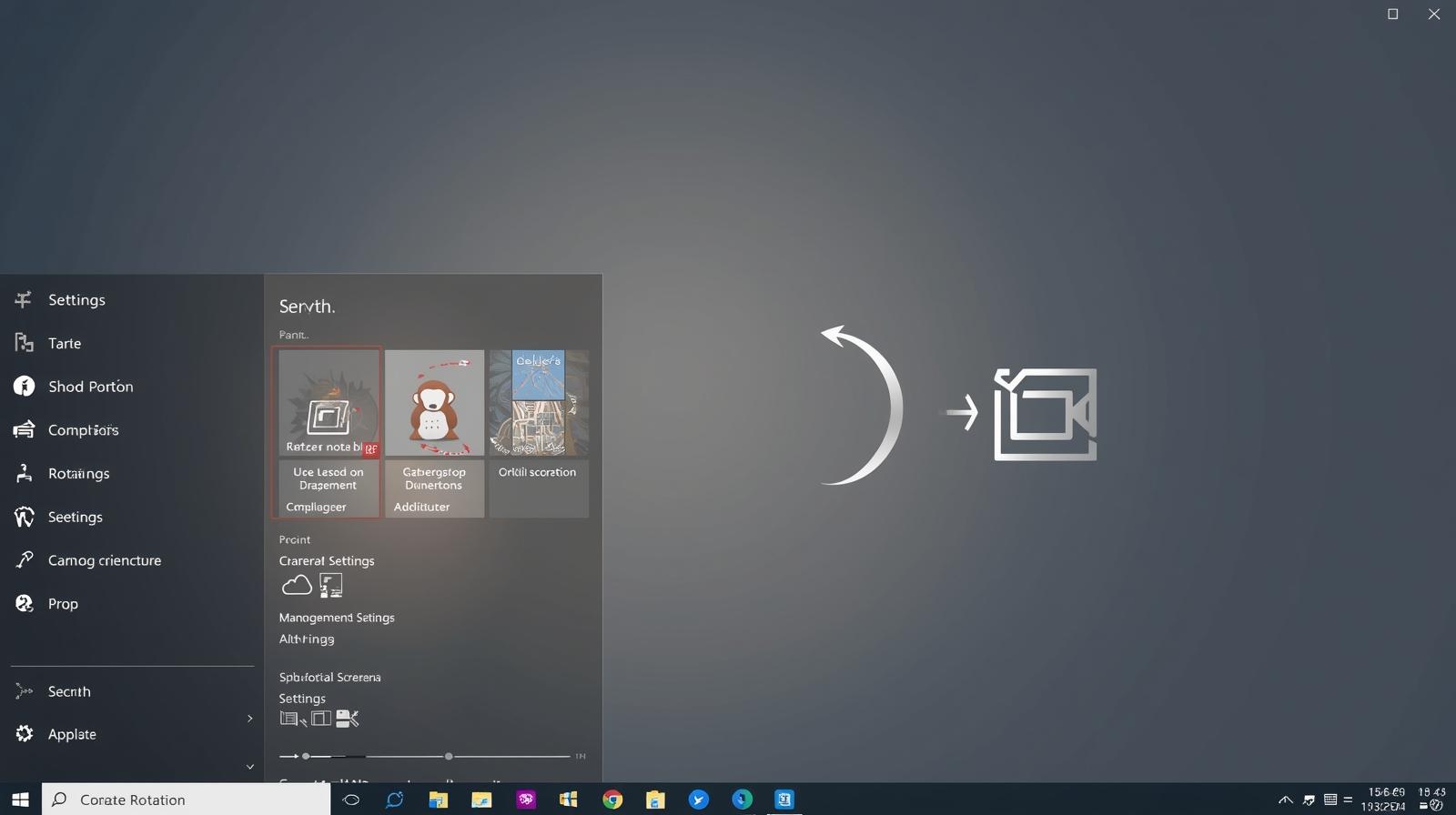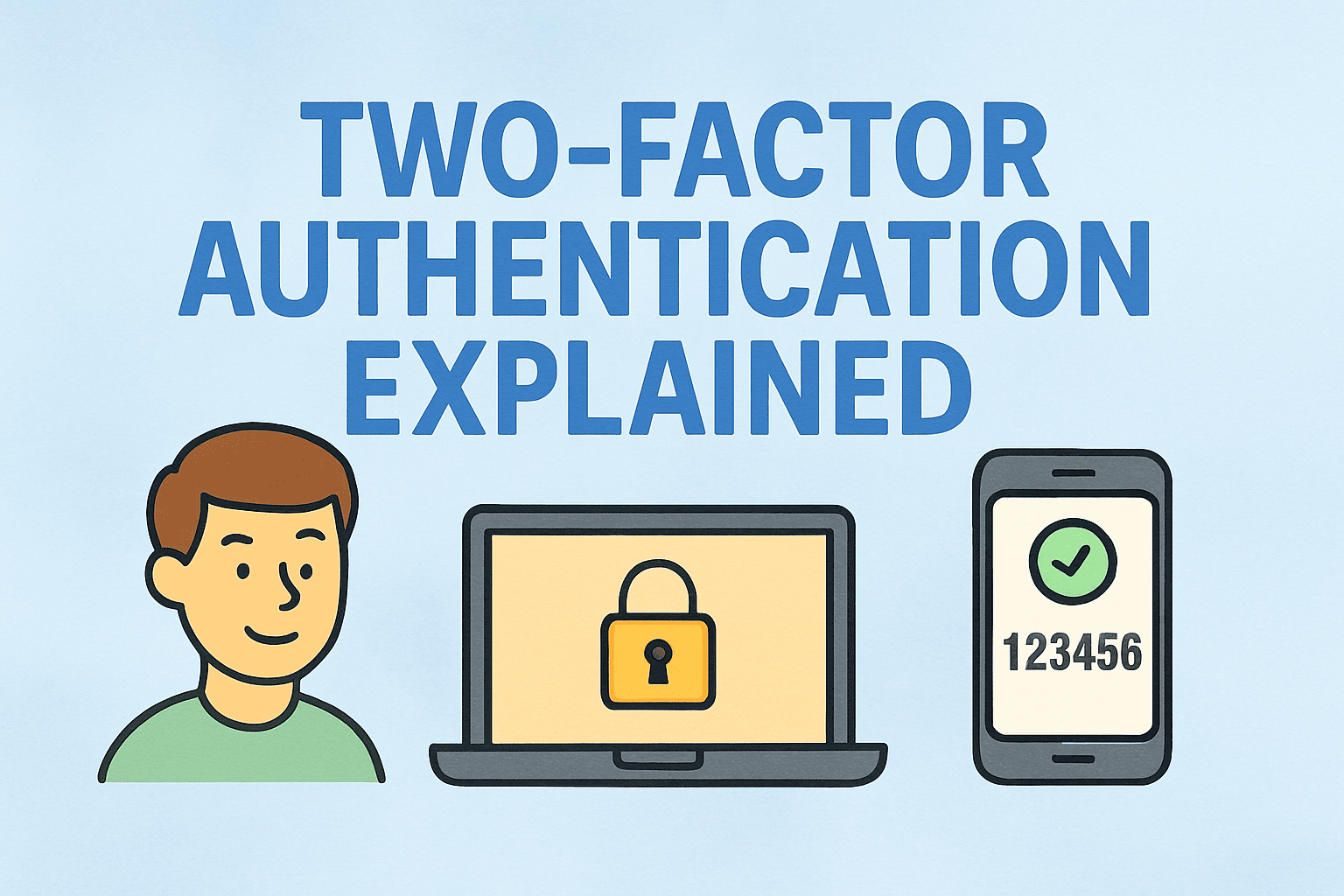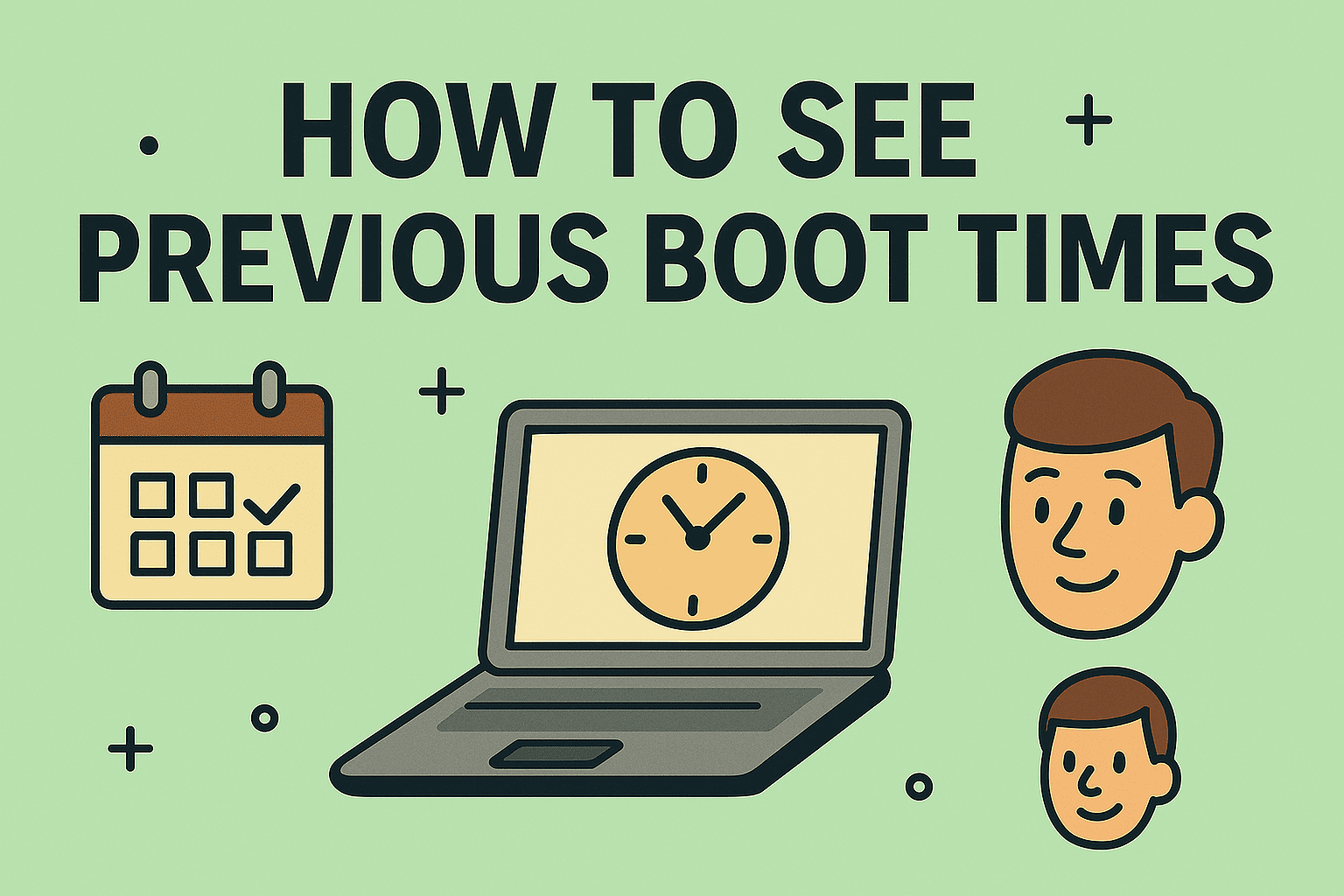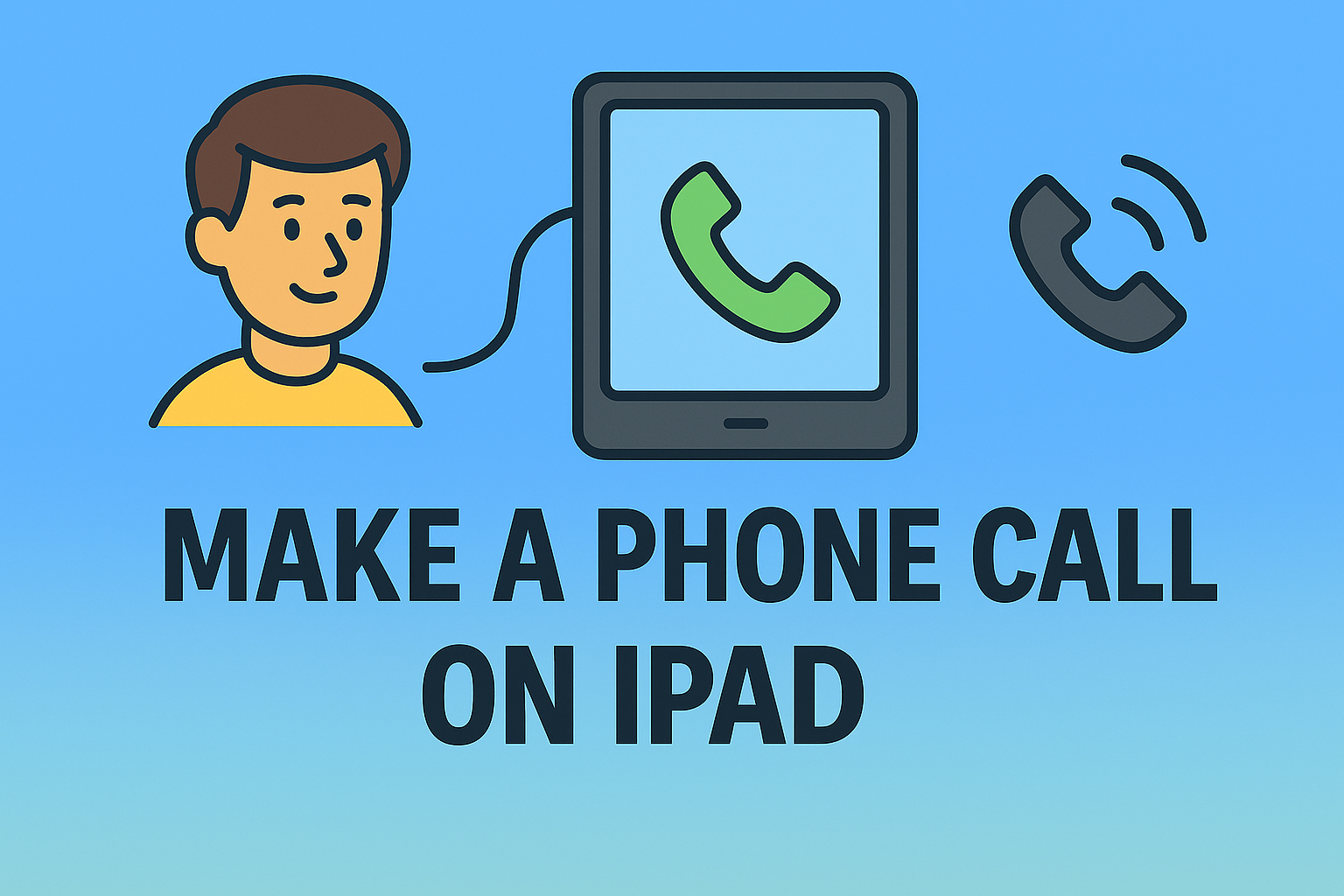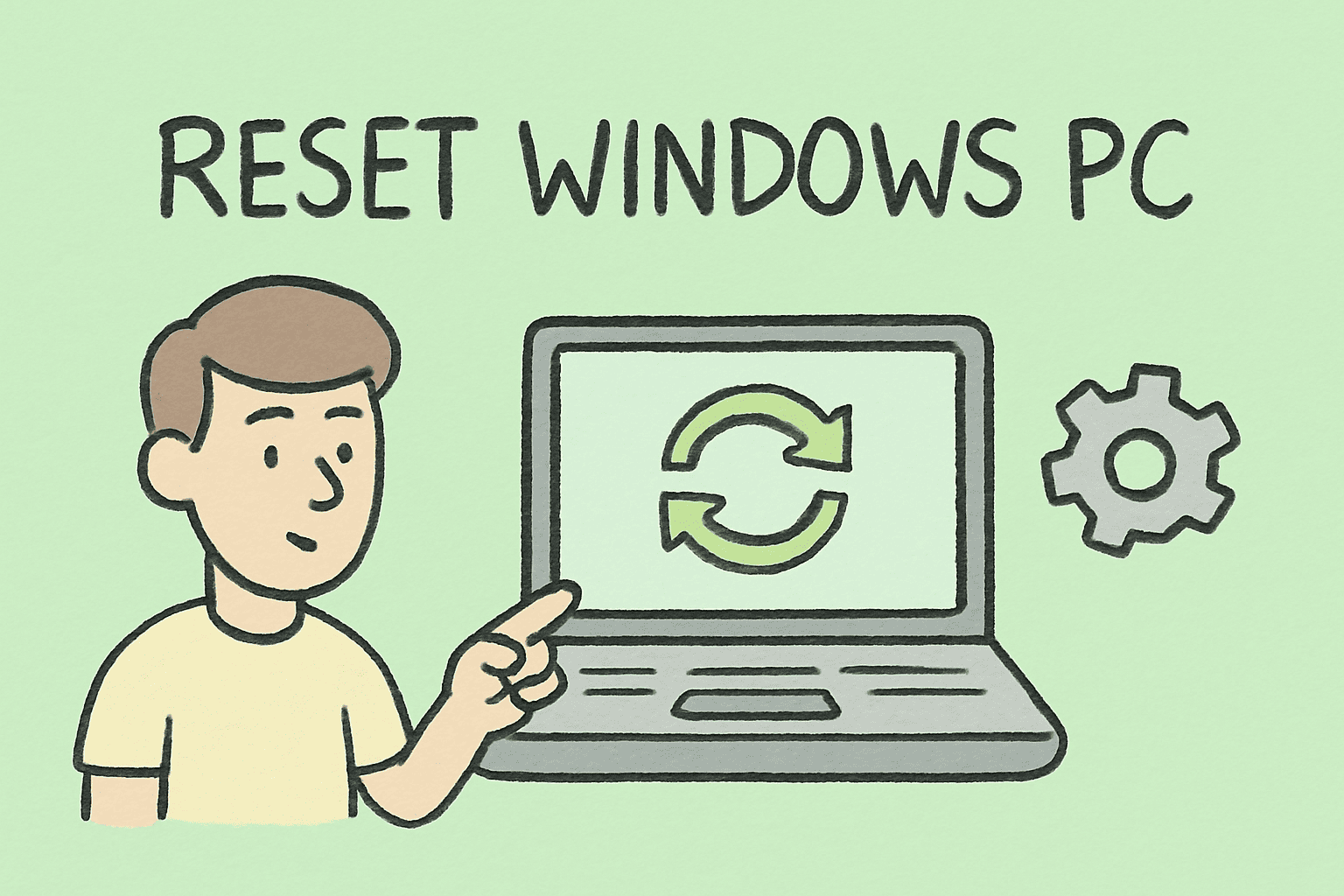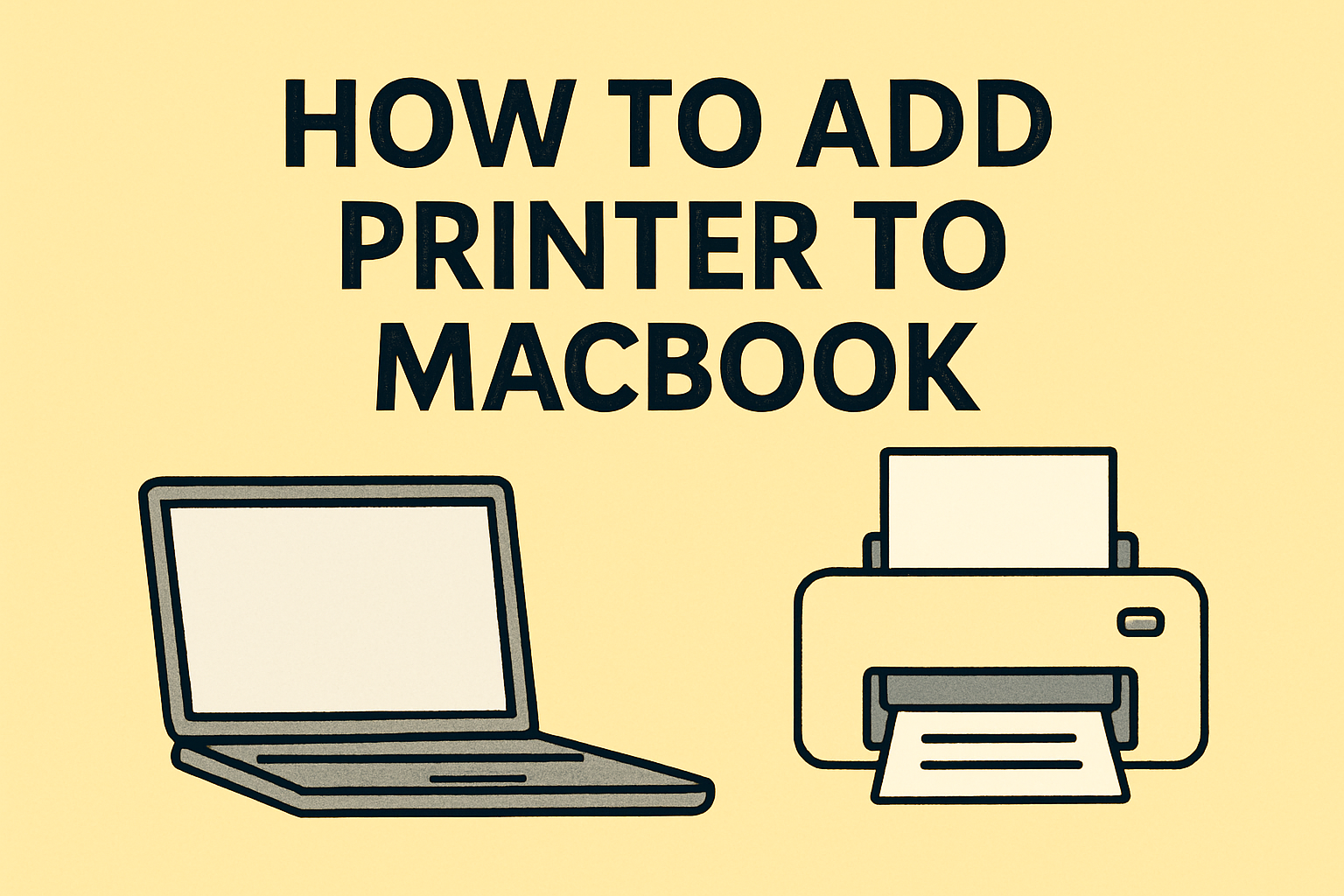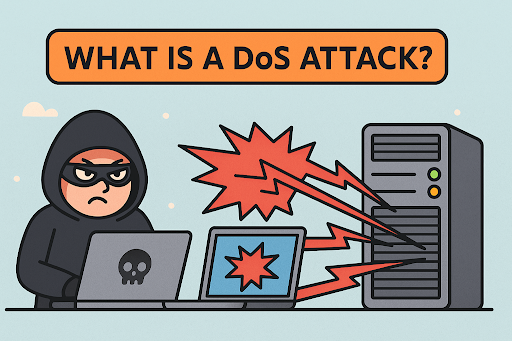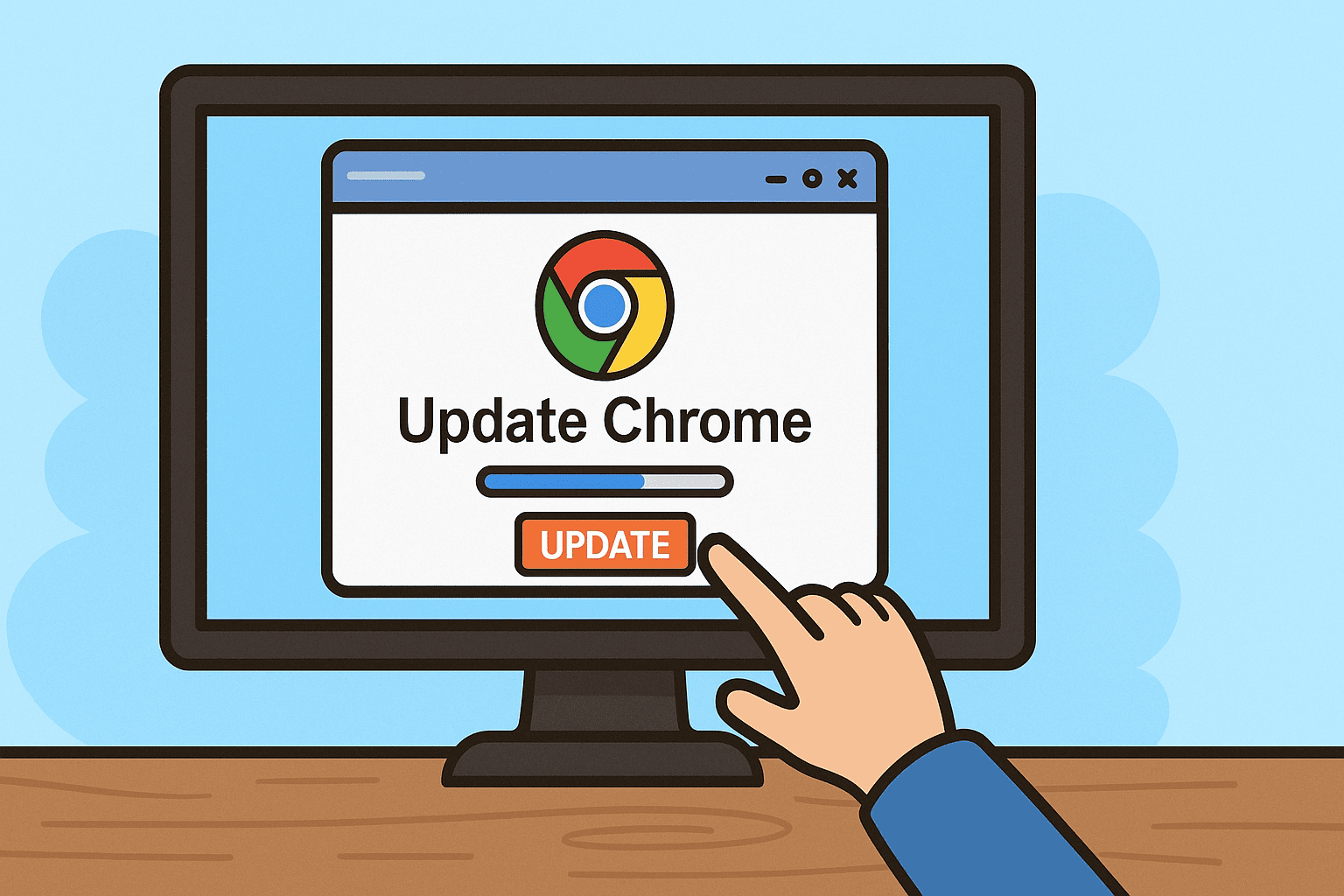Slowdowns Happen—Here’s How to Fix Your Windows 10 PC
Updated on June 30, 2025, by ITarian
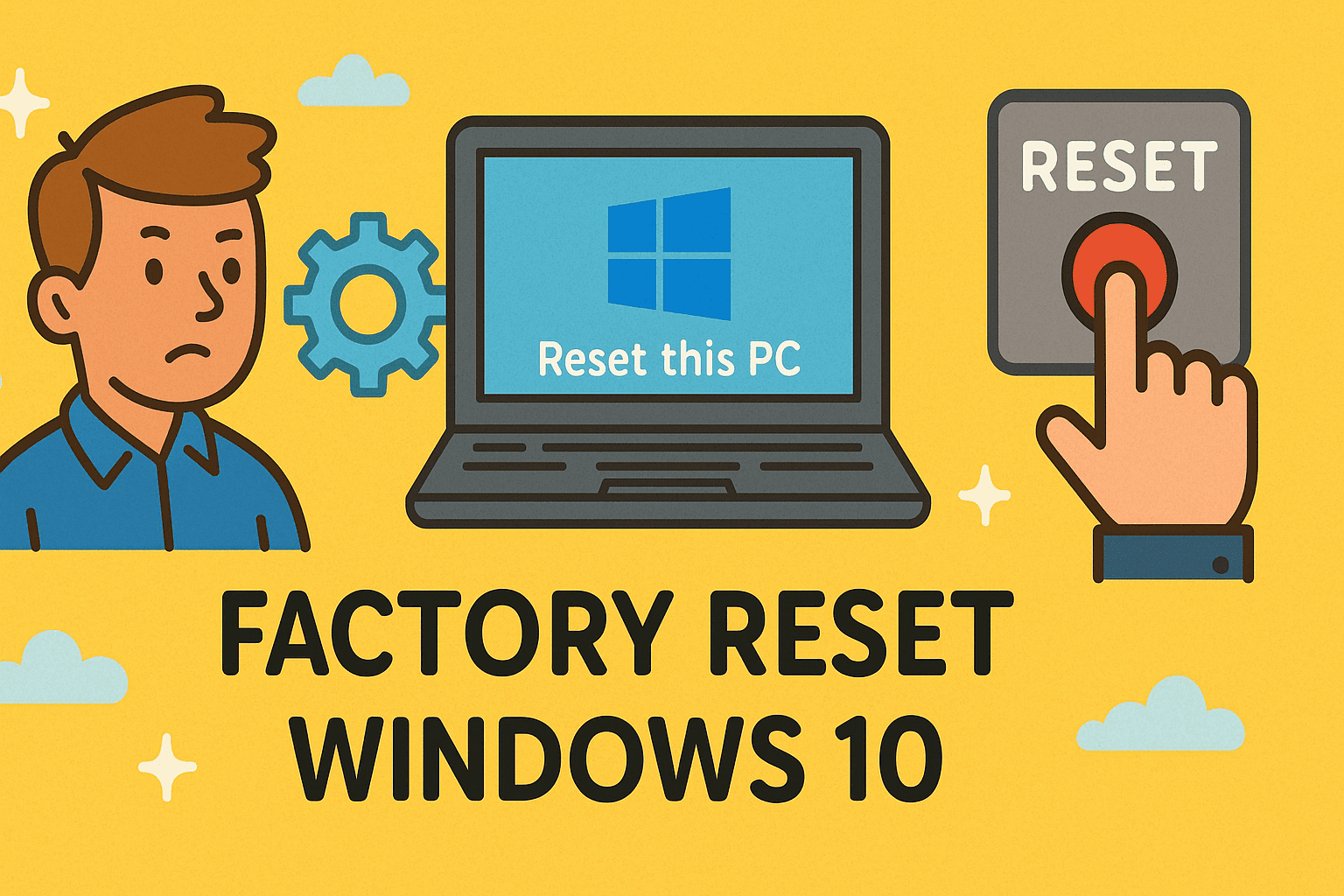
Whether your system is lagging, plagued with malware, or just needs a fresh start, knowing how to factory reset Windows 10 can be a game-changer. From IT managers troubleshooting devices to cybersecurity professionals prepping systems for redeployment, a factory reset is often the cleanest path forward.
In this guide, you’ll discover the easiest and safest ways to perform a Windows 10 reset, whether you’re aiming to start fresh or keep your files intact. Let’s walk through the options, precautions, and actionable steps tailored for every scenario.
Why You Might Need to Factory Reset Windows 10
Before we dive into the steps, let’s understand why people commonly choose to reset PC Windows 10:
- To fix persistent software or performance issues
- To remove viruses or malware that can’t be eliminated
- To prepare a device for resale or handoff
- To start fresh with a clean Windows environment
- To improve system stability after years of use
A factory reset wipes your system clean, removing unnecessary bloat, corrupted files, and potential vulnerabilities.
Things to Do Before You Factory Reset Windows 10
Performing a factory reset is a serious operation. Here’s what you should do before initiating the process:
Backup Your Data
Even if you’re selecting the “Keep my files” option, it’s best to store important data on:
- An external hard drive
- A cloud storage platform (OneDrive, Google Drive)
- A USB flash drive
Note Your Software Keys
Write down license keys for software like Microsoft Office, Adobe products, or VPN subscriptions.
Disconnect Peripherals
Unplug USB devices, printers, or external drives to avoid accidental formatting.
Method 1: Factory Reset Windows 10 from Settings
This is the most straightforward and user-friendly method to reset your device.
Step-by-Step Guide:
- Go to: Start Menu → Settings → Update & Security
- Click on Recovery in the left-hand panel
- Under Reset this PC, click Get Started
- Choose one of the following:
- Keep my files – Removes apps and settings, keeps personal files
- Remove everything – A full factory reset
- Follow on-screen instructions and choose Cloud download or Local reinstall
- Click Reset to begin the process
This method works for desktops, business PCs, and even a factory reset laptop Windows 10 scenario.
Method 2: Reset Windows 10 Using Advanced Startup
If you can’t boot into Windows normally, use this method through the Recovery Environment.
Steps:
- Turn off your PC
- Power on and press F11 or Shift + F8 rapidly until Recovery Mode appears
- Select Troubleshoot → Reset this PC
- Choose between:
- Keep my files
- Remove everything
This works well when dealing with boot issues, malware, or failed updates.
Method 3: Use a Recovery Drive or Installation Media
For IT professionals or users with access to tools, this method offers the deepest level of control.
Steps:
- Create a Windows 10 USB installer using the Media Creation Tool from Microsoft
- Boot from the USB drive
- Select Repair your computer
- Choose Troubleshoot → Reset this PC
This method is ideal for completely erasing and reinstalling Windows from scratch.
Windows 10 Reset Without Losing Data: Is It Possible?
Absolutely! If you select the “Keep my files” option during the reset process, your personal files in the Documents, Pictures, and Desktop folders will be preserved.
However, keep in mind:
- Installed programs will still be removed
- System settings will be restored to defaults
- You may need to reinstall drivers or applications manually
For added security, always create a full backup before proceeding—even if you’re not deleting files.
Pros and Cons of a Factory Reset
| Pros | Cons |
| Removes malware and bloatware | May require software reinstallation |
| Improves speed and performance | Risk of data loss if not backed up |
| Resolves corrupted files and errors | Can take 30–90 minutes |
| Prepares device for resale or transfer | Loss of custom settings |
Tips to Maintain Performance After Reset
Once your PC is refreshed, follow these best practices:
- Install a trusted antivirus or endpoint protection
- Enable automatic Windows Updates
- Regularly back up files
- Avoid installing unnecessary software
- Keep drivers updated
FAQ: Factory Reset Windows 10
1. Will a factory reset remove viruses from Windows 10?
Yes. A full reset (Remove Everything) usually eliminates most malware and viruses.
2. Can I reset my Windows 10 PC without losing files?
Yes. Choose the “Keep my files” option during the reset process. But still back up as a precaution.
3. Does a factory reset reinstall Windows 10?
Yes. It reinstalls the operating system, restoring it to its original or default state.
4. How long does a Windows 10 factory reset take?
Anywhere from 30 minutes to 2 hours, depending on the reset method and system specs.
5. Do I need a product key after resetting?
If your device was previously activated with Windows 10, it will automatically reactivate once online.
Final Thoughts: Time for a Clean Start
Knowing how to factory reset Windows 10 gives you full control over your device’s health and security. Whether you’re trying to fix persistent issues, optimize performance, or prepare a system for the next user, a proper reset can work wonders.
Just remember to back up your files, follow the right reset method, and apply good maintenance habits post-reset.
Looking for IT-grade support or automated PC management solutions?
👉 Get started with Itarian now — and bring enterprise-level control to your device environment.

